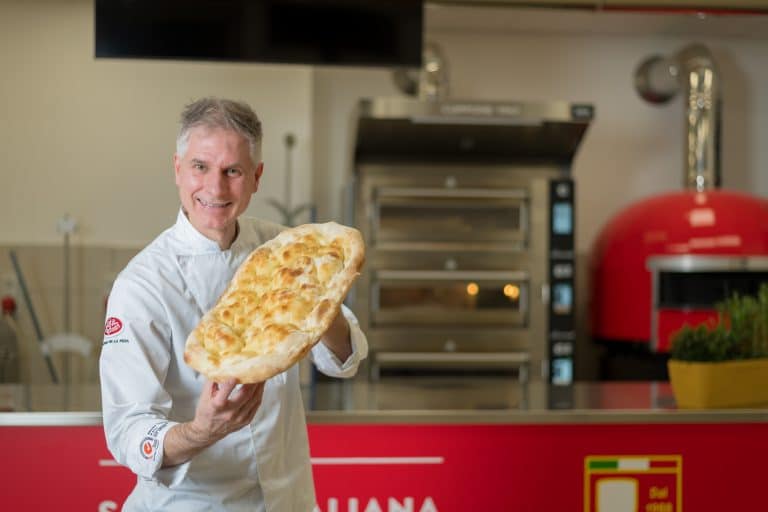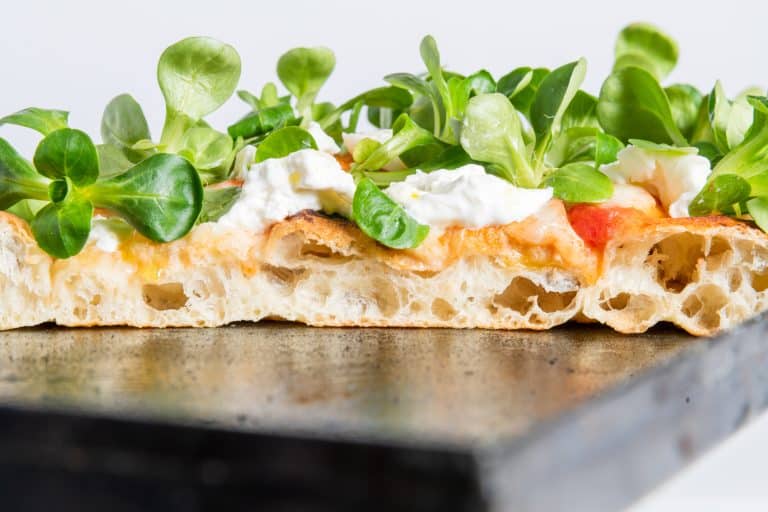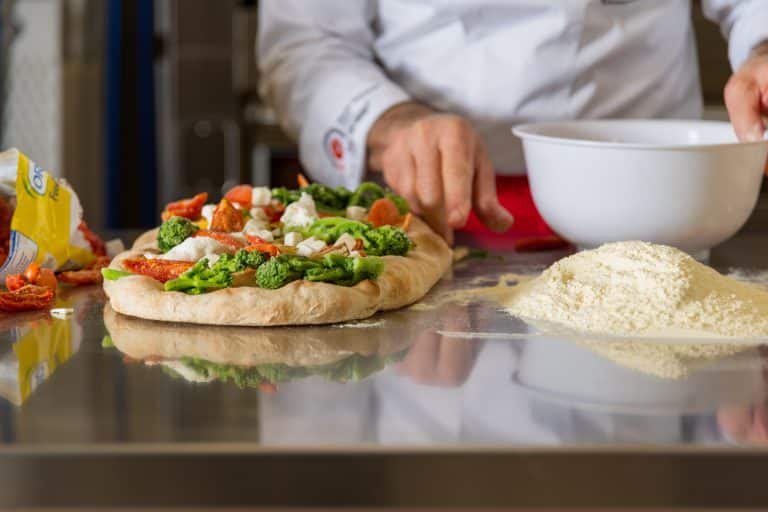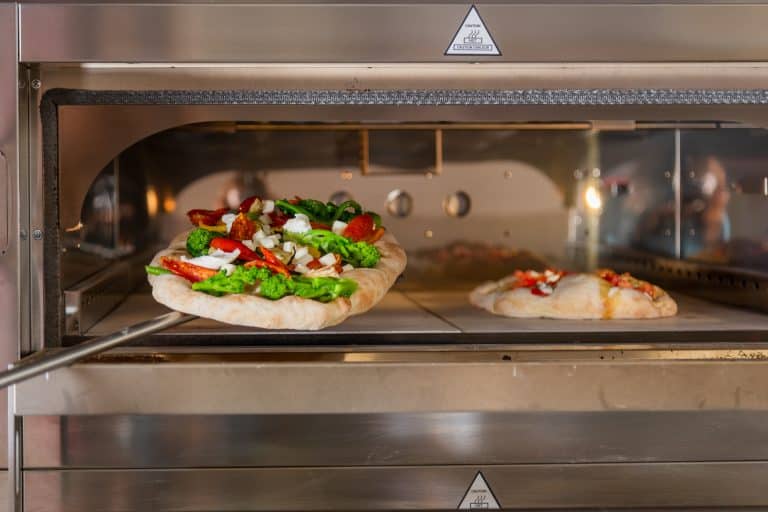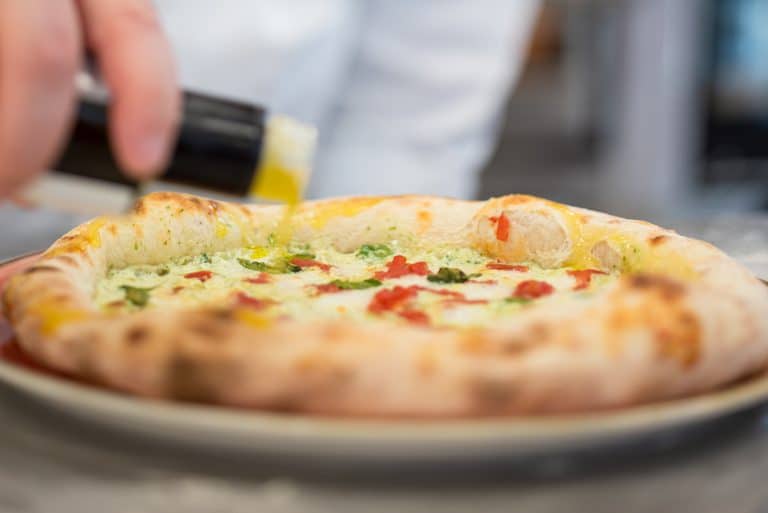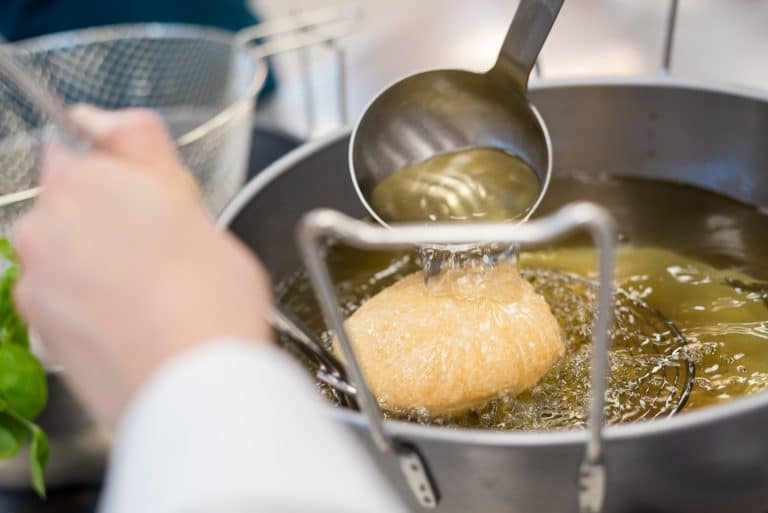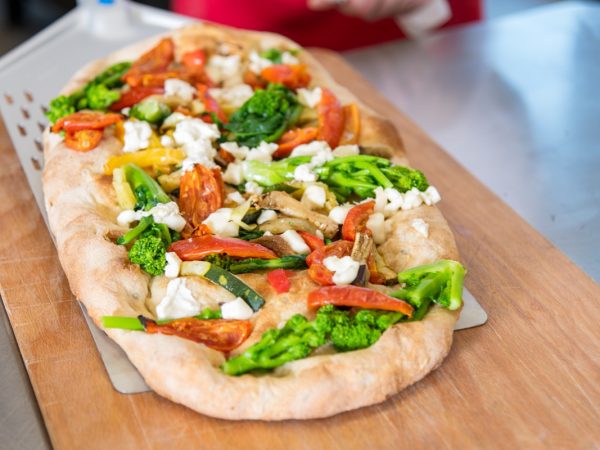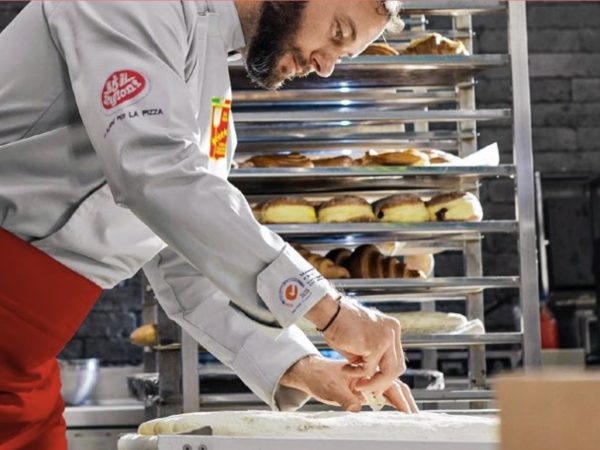From breakfast to appetizers, through daily baking, The Bakery concept represents a modern bakery idea used for the creation of sweet and savory products in addition to the cafeteria with the serving of hot and cold beverages. Simply put, it represents an innovative American-influenced mix that brings together our café, bakery, and pastry model into one format.
Scuola Italiana Pizzaioli is offering a new training course dedicated to those who wish to discover or further explore the art of contemporary baking and pastry making. From dough and leavening techniques to the creation of breads, buns and cakes. The course offers the study of recipes, professional methodologies and tools to optimize production processes. Designed exclusively for an audience of professionals and practitioners, with a special focus on innovation and quality craftsmanship.
The course is suitable for professionals who have gained experience in the field and wish to acquire new theoretical and practical knowledge aimed at enhancing their professional preparation. Also to those who want to acquire new techniques or management models to better organize their business or diversify their gastronomic offerings.
